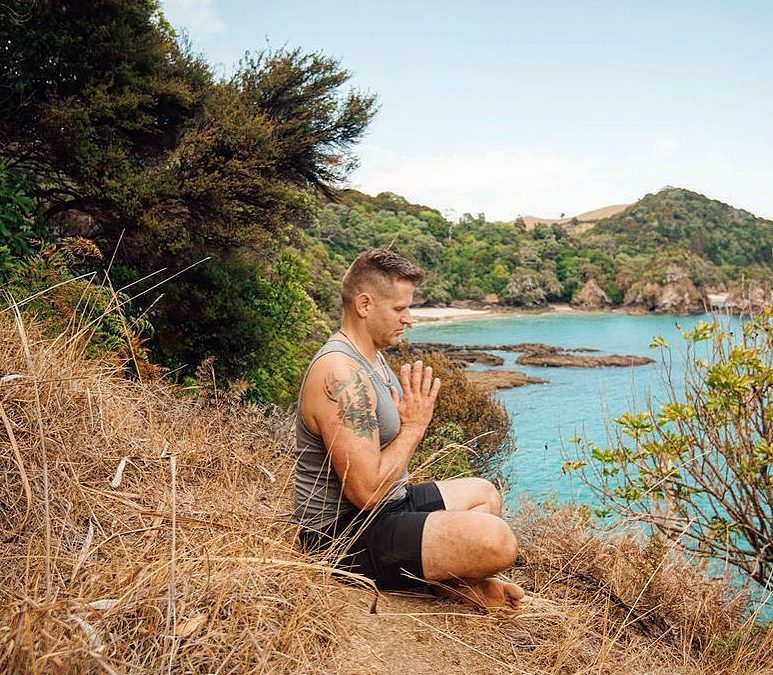How has Covid-19 impacted your life? Like me, you’ve probably faced some significant disruptions in your life. I am currently having to self-isolate because I returned from overseas, and we are following the new travel restrictions.
As a result, I can’t teach at my yoga studio, I can’t work as a firefighter, and my kids aren’t going to school or sport for a while. These are trying times for us all, but instead of focusing on the negatives, we choose to look at the positives and make the best of the situation we can.
So, when life is thrown upside down, what do you do?
Well you can run to the store and get as much toilet paper as possible, or you can do more productive things that will help your body and mind maintain resiliency through unprecedented, unstable, and unpredictable times.
Here are some pillars to pandemic resiliency to add to your life: breathe, stretch, exercise, and community.
Breathe:
We are getting bombarded with all sorts of anxious messages, increased cases of Covid-19, borders closing, schools and sports closing. It’s a lot to take in, in short order. So, stop and breathe. When anxiety and fear start to dominate your mind, stop and breathe. You do this by starting with five slow breaths in through the nose and out through the nose. This action is meant to break up the mind racing into the future and instead bring you back to the present. Take this further by doing this every day for 5-10 mins and commit to a mediation or mindfulness practice and focus on your breath. Whenever your mind wanders repeat these three affirmations: a) I am present, b) I am love c) I am compassion. Repeating these phrases will help remind us about our humanity when we are anxious about the uncertainty of the future.
Stretch:
Now is a great time to start a yoga practice. Whether you go to a yoga class, or you find an online resource to practice at home, yoga will help keep you grounded. You don’t have to practice for an excessive amount of time, start with 15-20 mins of practice; consistency is the key. According to Harvard Medical, “yoga appears to modulate stress response systems. This, in turn, decreases physiological arousal — for example, reducing the heart rate, lowering blood pressure, and easing respiration. There is also evidence that yoga practices help increase heart rate variability, an indicator of the body’s ability to respond to stress more flexibly”. Yoga does a body good and through breath awareness and stretching, you can access the regions of the body that hold stress and anxiety and release them. Fortunately, there is no limit to how much yoga can help, so get on your mat often and practice.
Exercise:
We need to keep our bodies working effectively, so get your body moving with some sweat and fun. Go out for a beach run, walk around New Zealand, workout at home or find a local fitness studio and get moving. Whether you are practicing social distancing or not, you need to give the body what it needs, which is regular exercise. Stuck for ideas? There are so many online resources whether they are free or a paid subscription to get you moving whether you’re into weight-lifting, walking, running, or sports. Better yet, get your kids involved and use this time to develop good fitness habits together.
Community:
I can’t stress enough how important our community is through these difficult times. We need to look out for each other, even when practicing social distancing. You can write a letter to a friend, how novel an idea is that? Talk to your neighbours, deliver some food or cheer to someone who is self-isolating and then call them after and hear about how appreciated the gesture was received. We need to maintain our society and not succumb to insular thinking and shutting us off from those around us. Our technology doesn’t need to make us strangers, let’s use it to make society more robust and better so that when we come through all of this with our humanity, compassion, and communities intact.

